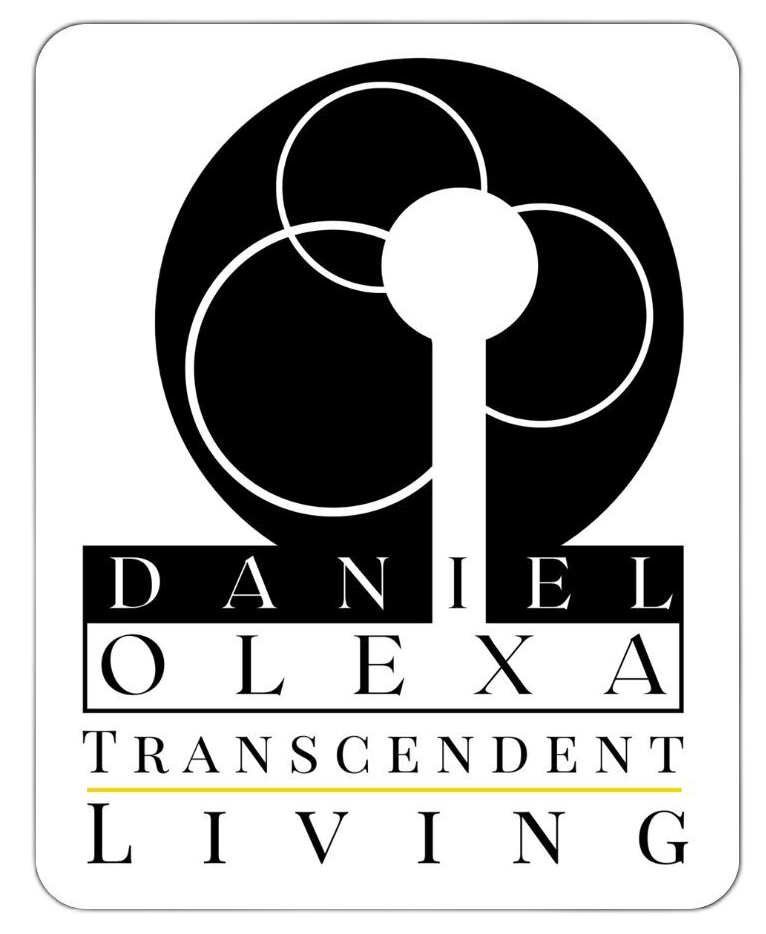How to Make the Best Decision Every Time
Earn Your Decision Making Phd
“I made the wrong decision.”
We’ve all heard it, and probably said it, at one time in our lives.
Variations in the negative include, poor decision, bad decision.
Variations in the positive include good decision, best decision, and smart decision.
Both perspectives are false. In either case you are lying to yourself.
Decision-Making 101 – Making Choices
Before we discuss why good/bad decisions are falsehoods, let’s first examine how we make decisions in the first place.
Let’s say you want a new job – it’s time to leave the soul-sucking position that you’ve been stuck in for the past 5, no make that 7, years (time flies when you’re miserable).
By the way, you can apply this process to relationships, buying a car or house, and even which show to binge on Netflix Friday night.
So, you have a soul-crushing job and can feel that life can be better, so you start exploring other options. You get an offer at a start-up company that promises great potential with a lot of risk, and you get an offer from an established firm that offers little risk and is a lateral move financially.
I suggest that you get a sheet of paper to make notes on as we proceed.
Which do you choose? A: the startup, or B: the established firm
Why did you choose the option that you did?
Decision-Making 201 - Assumptions
As you review your reasons for your choice, notice that anything you wrote down, beyond the tiny pieces of information in the paragraph above, are your assumptions.
Your assumptions are based on your experience of life up to this moment.
If you chose A on the assumption that you love risk and achieve best when there is great upside potential (even if it’s not quantified), then you embellished your perspective into the description above.
If you chose B based on wanting the safety of an established firm and that you’re OK with the money you’re currently making, then you also have imposed your perspective on the example.
The information and experience that you have up to this moment has affected your choice.
That sum-total of experience is all you have to rely on at any point in time to make your decisions.
And, guess what? The sum of your experiences is always changing – because you are experiencing life every day.
Takeaway: At any moment in time, all of us are making the best choices we can with the information that we have.
At this moment, is your decision good or bad?
Decision-Making 301 – Results
Now that you’ve made your decision, let’s examine possible outcomes. To keep this section focused, let’s just stick with two possible results: Your new job is great vs your new job is horrible.
If you chose A: the startup, read here
Outcome option A1: Congratulations! Your new job is great! Life is good.
Did you make a good or bad decision? How do you know?
Outcome option A2: Meet your new job, just like your old job. Ugh!
Did you make a good or bad decision? How do you know?
Go to your next class, Decision-Making 401
If you chose B: the established firm, read here
Outcome option B1: Congratulations! Your new job is great! Life is good.
Did you make a good or bad decision? How do you know?
Outcome option B2: Meet your new job, just like your old job. Ugh!
Did you make a good or bad decision? How do you know?
Go to your next class, Decision-Making 401
Decision-Making 401 - Evaluation
Now that you have labeled your decision as good or bad, let’s dig deeper into that decision.
In applying either label to the choice you made in class 101, what are you really labeling?
That’s right – you are apply a value judgement to the choice based upon the outcomes.
The choice was neither good or bad – the choice was just a choice based on the information that you had at the moment in which you made it.
The later outcomes, based on the ideals of what we wanted to happen, determined our judgement of the decision.
You are not judging the decision. You are really judging the results.
Were the results what you wanted? If so, great. If not, what did you learn and what would you do differently the next time?
Lesson: There are no good or bad decisions. There are only decisions. Our perception of the results is what we judge.
Congratulations! You have completed your undergrad work in Decision Making!
Master’s Level: Decision-Making 501 - Respecting the decisions of others
When we see others make choices that we would not make, we tend to think, “Why did they do THAT? What a stupid decision! I would NOT have done it that way.”
Well, maybe you wouldn’t have. Now it’s time to put yourself in their shoes.
As you learned in your undergrad work, you are doing the best you can with the information you have available.
Guess what? That means that EVERYBODY ELSE is doing the same.
Those other people do not have the same experiences framing their decision-making choices as you do, just as you do not have their experiences.
Rather than deriding others for their choices, your advanced training is to realize that it’s time to respect that they too are doing the best they can.
Be gracious to yourself and others. They fuck up on occasion and so do you. Learn and move forward as you increase your experience base and have the tools to make different decisions in the future.
Decision Making 601 – Re-evaluating choices based on intention
Let’s say that you took that new job (either one) and it’s a terrible place.
You left your previous employer, where you were OK, but disempowered and frustrated, and you wound up in an even worse situation.
What are you going to do?
What do you want to achieve?
What was your intention for changing jobs in the first place? Was it to get out of a bad situation, or to get into a good situation?
Look at that question carefully. Those are not the same intentions and can lead to very different outcomes.
If your goal was to get out of your old soul-sucking job, guess what – this new terrible job fulfilled that intention. You are successful! You are no longer in the old job. Congratulations. How are you feeling?
Had you set your intention based on the outcome of moving into a good situation, then you now know that this new position does not fulfill that intention. What are you going to do about it?
When making decisions, ask yourself, “Why am I doing this? What do I hope to achieve out of this?”
Decision Making 701 – Why “Why” is crucial
When you get clear on why you are making a decision, then you are connecting to the emotional root of your intention.
“Why is it important that I achieve this goal?” Or, in the case of the example in our first class, “Why is it important that you get out of your soul-sucking job?”
What is your intended outcome of the new position? What do you hope to achieve in terms of respect, connection to your work, and income, to name just a few possibilities?
As you make the best choice possible at any moment, if the results of that choice are not guiding you toward your intended outcomes of success as you define it, then it’s time to choose a new decision and path toward your goal.
Decision Making 801 – Commitment to moving forward
Once you make the decision, it’s time to act on it.
Action requires commitment. Success requires commitment.
Commitment to what? The path or the outcome?
Actually, it’s a bit of both.
Your first commitment must be to find the way of living that brings you joy.
Once you know that, you must commit to the actions that lead you to the path that manifests that result.
Finally, you must be committed to allowing your path and your outcome to be flexible.
I can hear you asking, “What does that mean – allow my outcome to be flexible? Why am I doing all this work if I’m not going to achieve my target?”
Remember back to class 201: You can only make decisions based on the information you have available at the time you made the choice.
As you are on your path forward, you are gathering new information. How does that new awareness affect your original intended outcome?
You may discover that your original goal does not bring you as much happiness and peace as you originally thought.
What new decision would you now make from this learning?
Within the framework of our imaginary job change, now that you’ve learned that your intention to “get me out of this soul-sucking job” resulted in a worse situation, what choice do you now make?
“But I took a new job. They’re counting on me to be here. I can’t leave.”
If that’s your attitude, enjoy your new Hell. It’s called living for the expectations of others. You just gave up your happiness and success because you are concerned about someone else’s opinion.
(Side note here: Being focused on YOUR well being does not give you the right to be an asshole and intentionally take action to harm others on any level. What it does is give you the right to stand up for yourself and say no to things that do not serve your growth. You can do that without hurtful actions.)
When we aren’t engaged in our work (or relationships, etc), then we are not fully present. You aren’t doing your hypothetical boss any good by operating at less than 100%.
And you certainly aren’t helping your own cause.
What choice are you going to make now? What’s the purpose/intention of that new choice?
If you’re ready to start making better, more empowered decisions, call me.
It’s time for you to have the breakthrough you’ve been looking for.
I’m looking forward to hearing from you as you take a new action to realize your power.
The decision is up to you.
What choice are you going to make?


